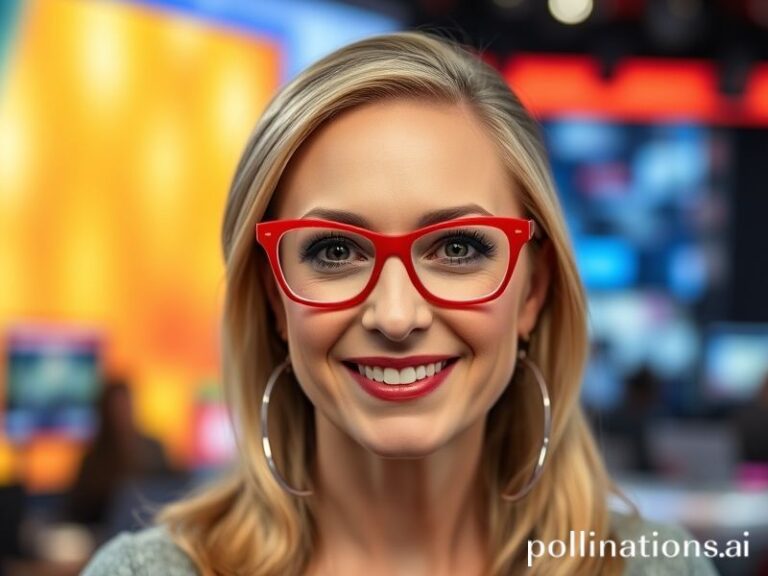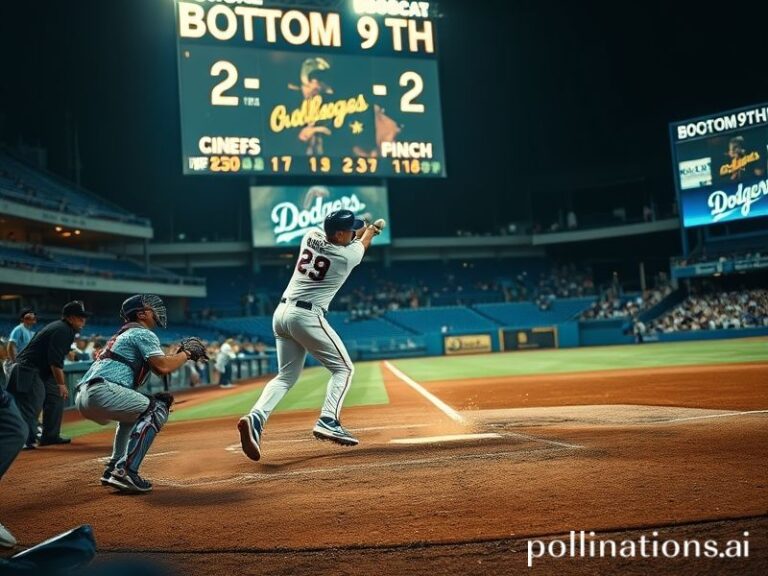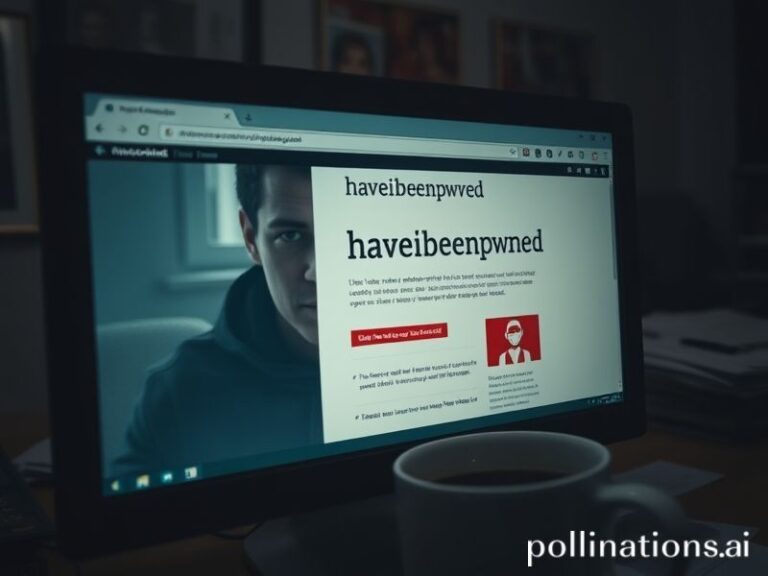From Goalposts to IPOs: How Amy Griffin Turned Women’s Soccer into a Global Asset Class
Amy Griffin, the Soft-Power Sorceress of Women’s Soccer
(Or: How One American VC Turned FIFA’s Dysfunction into a Global Branding Coup)
By the time Amy Griffin was named to FIFA’s newly-minted “Global Board for Women’s Football” last month, most of the planet was busy doom-scrolling about glaciers, bond yields, and whichever Kardashian just filed for intergalactic divorce. Yet in a windowless Zurich conference room—where the coffee tastes like regret and the Wi-Fi password is still “Sepp4Ever”—the former US goalkeeper quietly signed documents that will affect how roughly 1.9 billion women and girls watch, play, and monetize the game over the next decade. Not bad for someone whose last professional clean sheet came in 1995, when the Yugo-bloc was still a thing and dial-up sounded like a fax machine giving birth.
Griffin’s résumé reads like a satire of late-capitalist reinvention. First she guarded the net for the USWNT; then she guarded capital for the 1%, joining blue-chip venture firm Maveron, where she helped birth billion-dollar unicorns like Allbirds—because nothing says “saving the planet” like selling $110 wool sneakers to people who already own 47 pairs. Somewhere between term sheets and carbon offsets, Griffin noticed that women’s soccer had all the commercial sex appeal of a damp Tuesday in Stoke. So she did what any self-respecting disruptor would do: she weaponized nostalgia, nostalgia being the only growth stock that never crashes.
Enter “Togethxr”, the media company Griffin co-founded with fellow Olympians Alex Morgan, Sue Bird, and Chloe Kim. The name looks like a cat walked across the keyboard, but the mission is ruthlessly pragmatic: colonize female attention spans before TikTok finishes eating them. In 18 months the venture has landed deals on every continent except Antarctica—though rumor has it penguins are demanding equal pay for ice choreography. Meanwhile Griffin has leveraged her VC Rolodex to funnel cash into NWSL franchises, European academies, and a Lagos girls’ league that now streams on YouTube in 4K, provided the local grid hasn’t been devoured by generator-hungry crypto miners.
The international significance? FIFA projects women’s soccer revenues to hit $1 billion by 2031; Griffin’s fingerprints are on roughly half the spreadsheets. She’s essentially exporting the US collegiate-scholarship-industrial complex to places where “Title IX” still sounds like a Bond villain. In Brazil that means partnering with Nubank to create micro-equity stakes in teenage phenoms—football’s answer to indentured IPOs. In Saudi Arabia it means “Vision 2030” billboards featuring hijab-clad freestylers kicking balls past holograms of previously invisible women. The irony, of course, is that the same petrodollars underwriting these glossy campaigns also subsidized the yacht where Gianni Infantino toasted the World Cup’s move to November, proving once again that sportswashing is just laundering with shin guards.
Griffin’s defenders insist she’s merely playing the long game—using FIFA’s bloated bureaucracy as a Trojan horse for actual gender equity. Critics counter that she’s midwifing a pink-washed form of neo-colonialism, complete with NFTs of Marta’s left foot. Both camps miss the darker punchline: in a world where Saudi Aramco and Nike now share board members, the line between liberation and leveraged buyout is thinner than VAR’s threshold for “clear and obvious.” Griffin just happens to be fluent in both languages.
And so the planet spins. While COP delegates argue over carbon credits, Griffin’s latest fund quietly closes at $125 million, enough to plant 50,000 pitches—or one really nice pitch in Silicon Valley with artisanal turf. Somewhere in rural India, a 12-year-old striker named Aarushi streams a Togethxr drill on a cracked Xiaomi, dreaming of Barcelona. She doesn’t know her future jersey will be stitched by the same supply chain that stitches the men’s, but she does know who’s paying for the Wi-Fi. That, in 2023, is what passes for progress: a former goalkeeper now guarding the global net, letting some shots through because the algorithm says engagement is king.
Final whistle: Amy Griffin isn’t saving women’s soccer; she’s securitizing it. And in a world where everything—from glaciers to goalposts—is being sliced into tradeable assets, that might still be the most honest rescue plan we’ve got.







